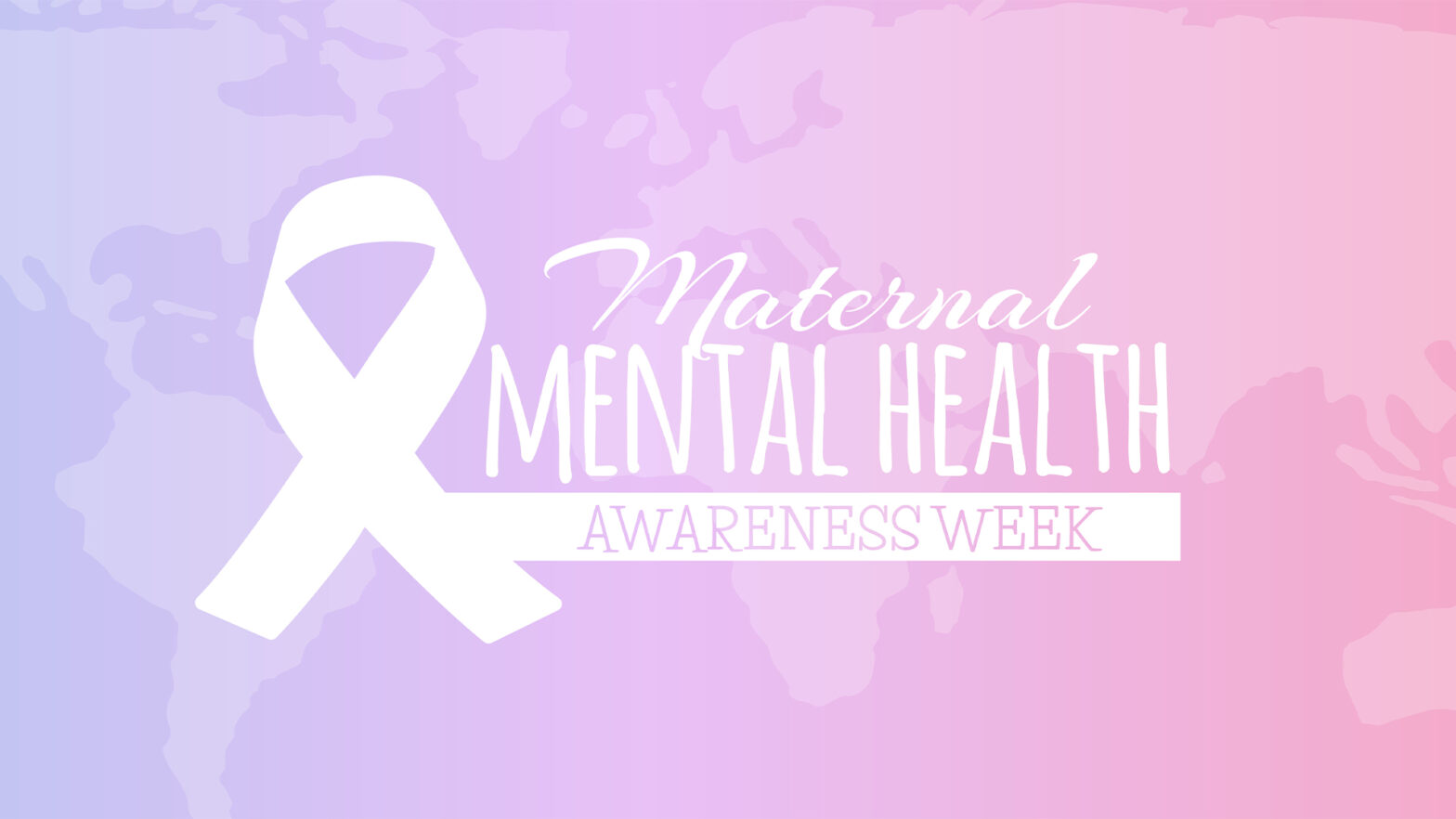What is EIBI? Well, according to research, it’s an intervention that can help children with autism decrease negative behaviors and increase positive behaviors.
EIBI is considered one of the best intensive behavioral interventions for toddlers aged five and below. Read on to understand what this early intervention program is and why it might be a good choice for your toddler.
What is EIBI and who is it meant for?
EIBI stands for Early and Intensive Behavioral Intervention. It is the implementation of the behavioral principle of Applied Behavior Analysis. It aims at achieving significant outcomes in a child’s behavior patterns. Children often inhibit signs of negative behaviors at early developmental ages, which, if ignored, could potentially lead to physical, psychological, or emotional hurt.
Since a young child’s brain is usually in its developmental stage, teaching or changing certain behaviors becomes easier. Young children with autism are most suitable for the EIBI program. Some of the negative behaviors that autistic children display include aggression, self-injury, and throwing tantrums – and early intervention can help prevent these.
EIBI is a good option for kids aged five years and below. The results tend to vary across different ages. In fact, the program works even in older children. Generally, it is a more suitable intervention for young children since it eventually equips them with a set of coping skills.
What skills can EIBI teach young children?
EIBI is based on the principles of Applied Behavior Analysis. It is designed to impact a variety of crucial skills that include;
- social skills
- Play skills
- Language and Communication.
- Cognitive and Academic Skills
- Independence with daily living activities.
How does EIBI work?
In EIBI, some of the possible deficiencies caused by Autism Spectrum Disorder are addressed by defining individualized intervention programs based on their behavioral data. These personalized plans help to teach new favorable skills. The behavior therapist utilizes this function-based approach to deescalate challenging behaviors that could interfere with learning and teach more socially acceptable replacement behaviors.
The core elements of early intensive behavioral intervention include;
- A teaching procedure, known as discrete trial training
- An interactive adult to child environment
- 20-40 hours per week in a suitable environment for a few years
- Oversight and therapy program design by a professional
Is EIBI a quality behavioral intervention for my child?
A Board Certified Behavior Analyst (BCBA) supervises trained behavior therapists’ work and ensures appropriate treatment is being given according to the individual child. The BCBA does the following in collaboration with the trained therapists to ensure skillful intervention for autism in a child;
- Provides a clear assessment of a child’s skills and development
- Identify a child’s strengths and weaknesses
- Designs a customized intervention plan to notable skill areas
- Ensure clinical oversight and supervision of the kid’s therapy team and program
The therapists are mostly encouraged to collaborate with the child’s families to address certain behaviors that are carefully noted in observable terms, assessed, measured, and recorded to track the kid’s communication, social skills competence, and learning as self-care development.
The skills are broken down into small, manageable tasks. More complex tasks are also subdivided into easy-to-achieve behavior units as your child develops the necessary skills. The skill complexity increases as the child progresses.
An early intensive behavioral intervention program is conducted for maximum productivity for 20-40 hours per week based on the child’s needs. EIBI uses structured and structured teaching, whether conducted indoors formally, or outside as the child plays and interacts with others. Both methods can be particularly effective if combined.
An EIBI teaching program involves giving the child a clear cue or instruction, assisting the child in responding, and giving the child feedback based on their initial response. Other methods, for example, video modeling, can be used.
Evidence to support EIBI
A study first reporting the positive effects of behavior analysis for children with autism spectrum was published by Colligan and Bellamy back in 1968. A more recent paper from researchers Lars Klintwall and Svein Eikeseth looks back on observations from 1973 which proved young children in particular are likely to enjoy significant gains.
Research conducted in 2011 presents positive evidence that early intensive behavioral intervention is an effective behavioral treatment for children with autism.
Studies also demonstrate the important role parents can play in the treatment of excess or deficit behaviors.
Why should autism parents use EIBI with their children?
What makes EIBI different from other behavioral therapies? Below are some reasons why you might begin to see notable changes in your child’s behavior if he/she is incorporated into the EIBI program.
- It assists a child of any age in developing a context around learning
- EIBI initiates a process that proceeds throughout a child’s behavior therapy for life
- It is based on Applied Behavior Analysis techniques
- Extensive research and trials have been conducted to support early intensive behavioral intervention programs for children
Resources for parents
It is crucial to find a well trained and experienced professional who will offer your child’s required level of therapy. Their skill level should match your desired outcome for the child. The professional should be fully dedicated and licensed to conduct an early intensive behavioral intervention.
The therapist needs to be involved in creating and supervising the child’s treatment program. A bonus requirement is perhaps a professional who can engage with the child one-on-one. You can consult with your pediatrician as you seek recommendations for licensed and professional EIBI practitioners.
Summary
Early intensive behavioral intervention is important for a variety of reasons. As a parent, it can help reduce stress knowing your child with autism might have a brighter future than what society suggests. If your child has signs of developmental disabilities, such as underdeveloped language, EIBI is thought to be particularly helpful in improving that. In general, it helps autistic children develop skills that will be beneficial for more independent living in the long run.

















